Natural gas and propane are two commonly used fuels that power homes, businesses, and industries. While both are hydrocarbon gases, there are significant differences between them. Many people wonder if these gases are interchangeable.
Natural gas and propane are not interchangeable without proper conversion. They have different properties, pressures, and storage methods, making them incompatible without specific adjustments to appliances. Converting appliances from one gas type to another requires professional expertise and adherence to safety protocols.
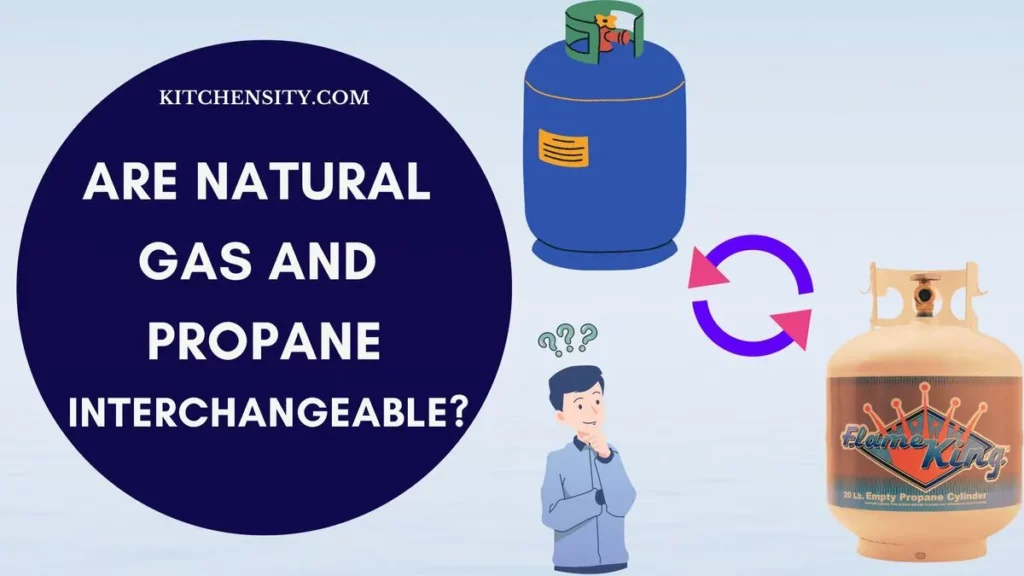
Table of Contents
- 1 Understanding Natural Gas And Propane.
- 2 What Happens If You Use Propane On A Natural Gas Stove?
- 3 How To Determine If Your Stove Runs On Propane Or Natural Gas?
- 4 How Much Does It Cost To Convert A Gas Stove To Propane?
- 5 Is It Feasible To Modify A Natural Gas Stove For Propane Use?
- 6 Can I Substitute Propane Instead Of Natural Gas?
- 7 Why Convert A Natural Gas Stove To Propane? [Reasons]
- 8 Is Natural Gas The Same As Propane? Natural Gas And Propane Difference.
- 9 Final Thoughts: Are Natural Gas And Propane Interchangeable?
- 10 FAQs (Frequently Asked Questions)
Understanding Natural Gas And Propane.
Natural gas is a fossil fuel primarily composed of methane, with small amounts of other hydrocarbons and gases. It is extracted from deep underground reservoirs and processed to remove impurities, making it a clean-burning fuel. Natural gas is piped directly into homes for heating, cooking, and even powering certain appliances like water heaters and dryers. Its popularity stems from its affordability, efficiency, and relatively lower environmental impact.
Propane, on the other hand, is a byproduct of natural gas processing and petroleum refining. It is stored as a liquid under pressure and turns into a gas when released. Propane is commonly used in areas where natural gas pipelines are unavailable. It’s utilized for heating homes, fueling vehicles, and operating various appliances like grills and stoves. Propane is portable and widely used in recreational vehicles and outdoor activities due to its convenience and energy efficiency.
Also Read – Butane Vs Propane Stove
What Happens If You Use Propane On A Natural Gas Stove?
Using propane on a natural gas stove without the necessary conversion can be extremely dangerous and should never be attempted. Propane and natural gas have different pressure levels and require specific air-to-gas ratios for safe combustion.
If you use propane on a natural gas stove without proper conversion, several issues can arise. They are:
- Propane burns at a higher pressure than natural gas and if you use it without adjusting the pressure, the stove’s burners will receive too much fuel, leading to incomplete combustion. Incomplete combustion can produce carbon monoxide, a colorless and odorless gas that is highly toxic and can be fatal in high concentrations.
- Propane has different characteristics than natural gas, including a different flame size and color. If you use propane on a natural gas stove, the flames may be too large and yellow instead of the usual small, blue flames. This indicates an improper air-to-fuel ratio, which is dangerous.
- It is heavier than air and can accumulate in low-lying areas. If there is a leak due to incompatible fittings or connections, the propane gas can build up, creating a potentially explosive atmosphere in your home. Even a small spark can trigger a fire or explosion.
- Using propane on a natural gas stove without conversion can damage the appliance’s internal components. The burners, valves, and other parts are designed for specific gas types. Using the wrong gas can lead to wear and malfunction, rendering the stove unsafe to use even after proper conversion.
- Most appliance warranties become void if the appliance is used with the wrong type of gas without proper conversion. Attempting to use propane on a natural gas stove can lead to costly repairs and replacements, which won’t be covered under warranty.
So, it is crucial to never use propane on a natural gas stove without the appropriate conversion kit and professional installation. Safety should always be the top priority when dealing with gas appliances to prevent accidents, injuries, and property damage.
Read More – What Happens If You Use Propane On A Natural Gas Stove?
How To Determine If Your Stove Runs On Propane Or Natural Gas?
To determine if your stove runs on propane or natural gas, check the stove manual or product documentation. Look for a gas label on the appliance, typically located on the back or underside, which should specify the type of gas it uses. Inspect the gas inlet: propane stoves have a smaller, threaded inlet, while natural gas stoves have a larger, non-threaded inlet. If unsure, compare the inlet size with the appropriate gas hose.
Contact the manufacturer for specific details if needed, or consult a professional technician. Check the gas line for markings: propane lines are often yellow, while natural gas lines are typically black. Additionally, review any previous documentation left by the previous homeowner or landlord, as it may indicate the type of gas the stove uses.
“While natural gas and propane are both used as home and industrial fuels, they are not directly interchangeable. They require different air-to-fuel ratios for combustion and different types of burners and regulators.” – Kaufman Gas, a leading propane supplier in the US.
Also Read – How To Properly Vent A Gas Stove?
How Much Does It Cost To Convert A Gas Stove To Propane?
The cost to convert a gas stove to propane can vary widely based on several factors, including the stove’s make and model, the complexity of the conversion, and labor costs in your region. On average, you can expect to pay between $50 to $200 for a basic conversion kit. This kit typically includes new orifices for the burners and sometimes the oven, as well as instructions for installation.
However, it’s essential to note that the conversion process should always be performed by a qualified professional, such as a licensed plumber or gas technician. Hiring a professional ensures that the conversion is done safely and in compliance with local codes and regulations. Labor costs can significantly impact the overall price, and these costs can vary based on your location and the technician’s hourly rate.
Additionally, if your stove requires more extensive modifications or if specialized parts are needed, the cost of the conversion can increase. Some high-end or complex stoves may require custom-made conversion kits, which can be more expensive.
To get an accurate cost estimate for converting your specific gas stove to propane, it’s best to contact local gas appliance professionals. They can assess your stove, provide you with a detailed quote, and ensure the conversion is done safely and efficiently.
Also Read – How To Convert A Natural Gas Stove To Propane?
Is It Feasible To Modify A Natural Gas Stove For Propane Use?
Yes, it is feasible to modify a natural gas stove for propane use, but it must be done with caution and by a qualified professional. Converting a natural gas stove to run on propane involves changing the orifices (the openings where gas is released) and adjusting the air-to-fuel ratio to accommodate the different properties of propane.
Here are some key points to consider regarding the feasibility of modifying a natural gas stove for propane use:
- Many stoves have conversion kits available from the manufacturer. These kits typically include the necessary orifices and instructions for making the conversion. It’s crucial to use the appropriate conversion kit designed for your specific stove model.
- Converting a stove from natural gas to propane should always be performed by a qualified technician or plumber. They have the expertise to ensure that the conversion is done safely and in compliance with local regulations. Improper conversion can lead to gas leaks, incomplete combustion, and other safety hazards.
- Not all stoves are suitable for conversion. It’s essential to check with the stove manufacturer to determine if your particular model can be converted. Some stoves have components that are not compatible with propane, making conversion unsafe or unfeasible.
- When modifying a stove for propane use, safety is paramount. The conversion must be done correctly to prevent gas leaks and ensure proper combustion. A professional technician will conduct pressure tests and leak checks to guarantee the system’s integrity.
- Converting a stove using a manufacturer-approved conversion kit usually does not void the warranty. However, it’s essential to confirm this with the manufacturer, as some warranties may have specific terms regarding conversions.
Also Read – Gas Stove Leaking Gas From Burner
Can I Substitute Propane Instead Of Natural Gas?
Yes, it is possible to substitute propane for natural gas in various appliances and applications, but it must be done correctly and safely. Propane and natural gas are both hydrocarbon gases, but they have different properties, including pressure levels and energy content.
Here are some important points to consider when substituting propane for natural gas.
- Appliance Compatibility: Not all appliances can use both propane and natural gas interchangeably. Some are designed for dual-fuel use and can be converted, but others are specific to one type. Check the manufacturer’s specifications to see if your appliance can accommodate propane.
- Conversion Kits: If your appliance is compatible with both types of gas, you’ll likely need a conversion kit. This kit includes components like orifices and regulators to adjust the gas flow and pressure. Always use a kit recommended by the manufacturer.
- Professional Installation: Converting an appliance or system should be done by a licensed professional. They can adjust the air-to-gas ratio and conduct tests for leaks and pressure to ensure safety.
- Safety Precautions: Propane is heavier than air and can accumulate in low-lying areas, so proper ventilation and gas leak detectors are essential. Natural gas, being lighter, dissipates more easily.
- Regulatory Compliance: Follow local regulations and codes when making changes to gas systems. Permits and inspections may be required to ensure safety standards are met.
- Professional Consultation: Consult with a professional technician or gas appliance specialist before making any changes. They can assess your situation, guide you on necessary steps, and ensure compliance with regulations.
“It is important to remember that natural gas and propane are not interchangeable. Appliances must be specifically designed, tested, and certified for use with each type of gas to ensure safety and efficiency.” – National Propane Gas Association (NPGA)
Also Read – Why Did My Glass Stove Top Crack?
Why Convert A Natural Gas Stove To Propane? [Reasons]
Converting a natural gas stove to propane or vice versa is a process undertaken for several specific reasons.
- Lack Of Natural Gas Supply: In areas where natural gas pipelines are unavailable, propane can be an alternative solution. Rural areas or remote locations might not have access to natural gas, making propane a viable choice for cooking and heating.
- Flexibility And Mobility: Propane is a portable gas stored in tanks, making it suitable for mobile homes, campers, and outdoor activities. Converting appliances to propane allows for flexibility in usage, especially in situations where mobility is a key consideration.
- Emergency Preparedness: Propane can be stored for extended periods without deterioration, making it valuable for emergencies. Converting appliances to propane provides a backup cooking solution during power outages or natural disasters.
- Energy Efficiency: Some users prefer propane due to its higher energy efficiency compared to natural gas. Propane stoves often provide more precise temperature control and quicker heating, which can be advantageous for cooking.
- Cost Considerations: In some regions, propane might be more cost-effective than natural gas. Depending on market prices and availability, homeowners might choose to convert their stoves to propane to reduce their energy costs.
- Specific Appliance Requirements: Certain appliances, especially outdoor grills, patio heaters, and RV stoves, are designed specifically to run on propane. Converting a natural gas stove to propane allows homeowners to use these specialized appliances without needing separate fuel sources.
- Commercial And Industrial Applications: In commercial and industrial settings, specific processes and equipment might require the use of propane. Converting industrial stoves or ovens to propane can be necessary to meet the specific requirements of the operation.
- Environmental Considerations: While both propane and natural gas are fossil fuels, some users prefer propane due to its lower carbon footprint and reduced emissions. Propane combustion generally produces fewer greenhouse gases compared to natural gas, making it a more environmentally friendly choice for some individuals.
- Heating And Cooking Performance: Some chefs and cooking enthusiasts prefer propane stoves for their precise temperature control and instant heat response. Converting a natural gas stove to propane allows a cooking experience tailored to specific culinary needs.
It’s important to note that while there are valid reasons for converting a natural gas stove to propane, the conversion process should always be conducted by a qualified professional to ensure safety, compliance with regulations, and optimal appliance performance.
Also Read – How To Fix A Pilot Light On A Gas Stove?
Is Natural Gas The Same As Propane? Natural Gas And Propane Difference.
Natural gas and propane are both hydrocarbon gases used as sources of energy, but they are not the same. They have distinct differences in their properties, composition, and uses.
Natural Gas
Natural gas primarily consists of methane (CH₄) along with small amounts of other hydrocarbons, such as ethane, propane, and butane. It is lighter than air and is extracted from deep underground reservoirs through drilling and is processed to remove impurities before distribution.
Natural gas is typically delivered to homes and businesses through pipelines, where it is used immediately. It cannot be stored in large quantities at individual properties like propane. It is commonly used for heating homes, water heaters, stoves, dryers, and other appliances. It is also a fuel source for electricity generation, industrial processes, and some vehicles. Natural gas is lighter than air, so if there is a leak, it tends to dissipate into the atmosphere, reducing the risk of explosions. However, it can still be hazardous if not handled properly.
Propane
Propane (C₃H₈) is a byproduct of natural gas processing and petroleum refining. It is heavier than air and is derived from the processing of natural gas and crude oil. It is stored as a liquid under pressure and turns into a gas when released. Propane is stored in tanks or cylinders as a liquid and vaporizes into gas when released for use. It can be stored on-site, making it a portable fuel source.
Propane is commonly used in areas without natural gas pipelines, such as rural areas and campgrounds. It is used for heating homes, cooking, water heaters, outdoor grills, and various appliances. Propane is also used as a fuel for vehicles and in industrial applications. It is heavier than air, so it can collect in low-lying areas if there is a leak, increasing the risk of fire hazards. Proper ventilation and handling are essential to ensure safety.
Also Read – Why Is My Gas Stove Not Clicking?
Comparison Table (Natural Gas Vs Propane).
| Property | Natural Gas | Propane |
| Composition | Primarily methane with traces of other hydrocarbons. | A byproduct of natural gas processing and petroleum refining. |
| Density | Lighter than air. | Heavier than air. |
| Source | Extracted from underground reservoirs and processed. | Derived from natural gas processing and crude oil refining. |
| Storage | Delivered through pipelines; not stored in large quantities on-site. | Stored in tanks or cylinders as a liquid and vaporizes into gas when released. |
| Safety Concerns | Tends to dissipate into the atmosphere if there is a leak. | Heavier than air, can collect in low-lying areas if there is a leak, increasing the risk of fire hazards. |
| Delivery Method | Pipelines. | Stored in tanks or cylinders. |
| Uses | Heating, cooking, water heaters, industrial processes, electricity generation. | Heating, cooking, water heaters, outdoor grills, vehicles, industrial applications. |
| Portability | Not portable; delivered through pipelines. | Portable; stored on-site in tanks or cylinders. |
| Conversion Kits | Available for specific appliances; conversion possible. | Available for specific appliances; conversion possible. |
| Environmental Impact | Releases greenhouse gases upon combustion. | Releases greenhouse gases upon combustion. |
| Storage Duration | Not applicable (delivered through pipelines). | Can be stored for extended periods without deterioration. |
Also Read – How To Clean Gas Stove Grates In The Dishwasher?
Final Thoughts: Are Natural Gas And Propane Interchangeable?
In simple terms, natural gas and propane are not the same, and you can’t just switch between them without making changes to your appliances. Natural gas is like the gas that comes through pipelines and is lighter than air. Propane, on the other hand, is a bit heavier and stored in tanks.
If you want to use propane instead of natural gas or vice versa, it’s possible, but it’s not as easy as just turning a switch. You need special equipment and experts to do it safely. It’s like having a car that runs on electricity and trying to make it run on gas – you need the right parts and someone who knows what they’re doing to make it work.
While both natural gas and propane are useful, remember they’re not the same, and switching between them needs careful handling and the right tools. Safety always comes first!
Also Read – How To Clean Gas Stove Grates With Ammonia?
FAQs (Frequently Asked Questions)
-
Can I Use Natural Gas Appliances With Propane?
Yes, but you’ll need a conversion kit and professional installation to ensure safety and efficiency.
-
Is Propane More Expensive Than Natural Gas?
Propane is often more expensive per unit of energy compared to natural gas, but prices can vary based on location and market conditions.
-
Can Propane Be Stored Underground Like Natural Gas?
Yes, propane can be stored underground, but proper safety measures must be followed to prevent leaks and hazards.
-
Are There Any Environmental Concerns Associated With Natural Gas And Propane?
Both natural gas and propane are fossil fuels, so their combustion releases carbon dioxide, contributing to greenhouse gas emissions.
-
Can I Convert My Natural Gas Grill To Use Propane?
Yes, most natural gas grills can be converted to use propane with a conversion kit available from the manufacturer.
🔧 Stove Expert | 🔥 Gas Guru | 🏠 DIY Enthusiast | 🎨 Painter Extraordinaire
John Davis is your go-to source for all things stoves, from expert repairs to maintenance tips. With a deep understanding of gas systems, including natural and propane, John ensures your kitchen stays cooking safely. His passion for DIY home and kitchen projects shines through his stunning paint transformations. Trust John to bring warmth and functionality to your home, one stove at a time.

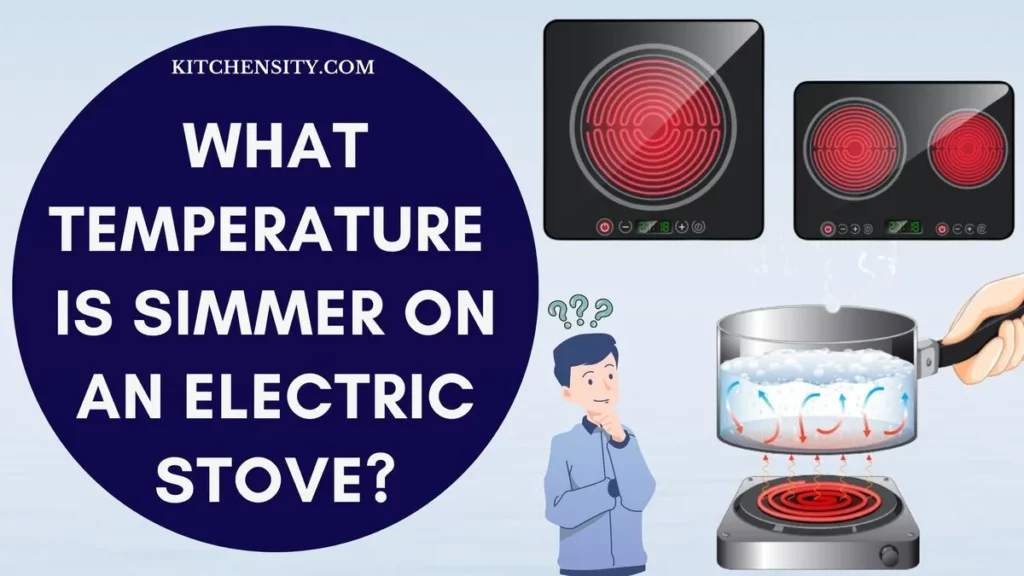

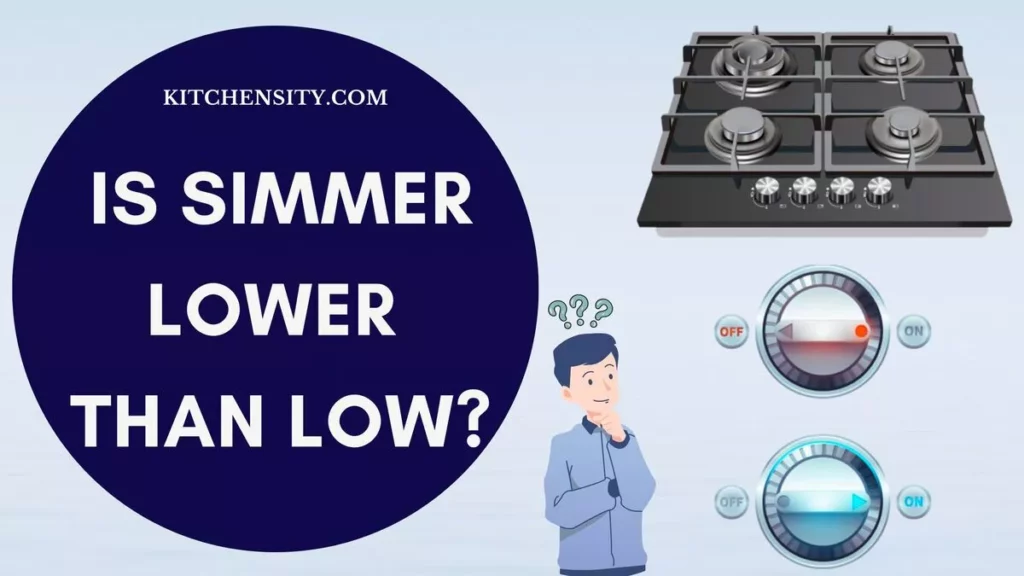

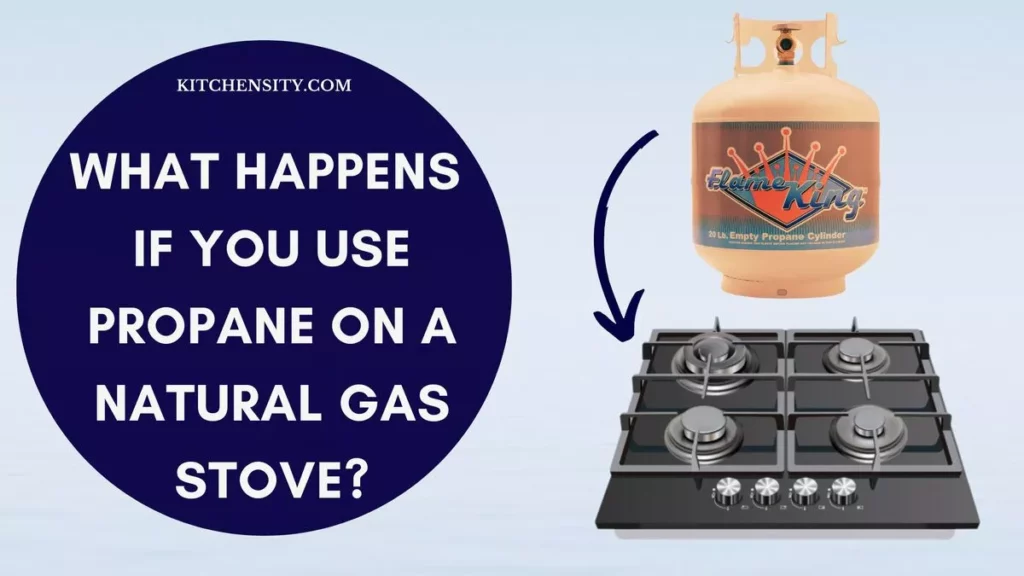
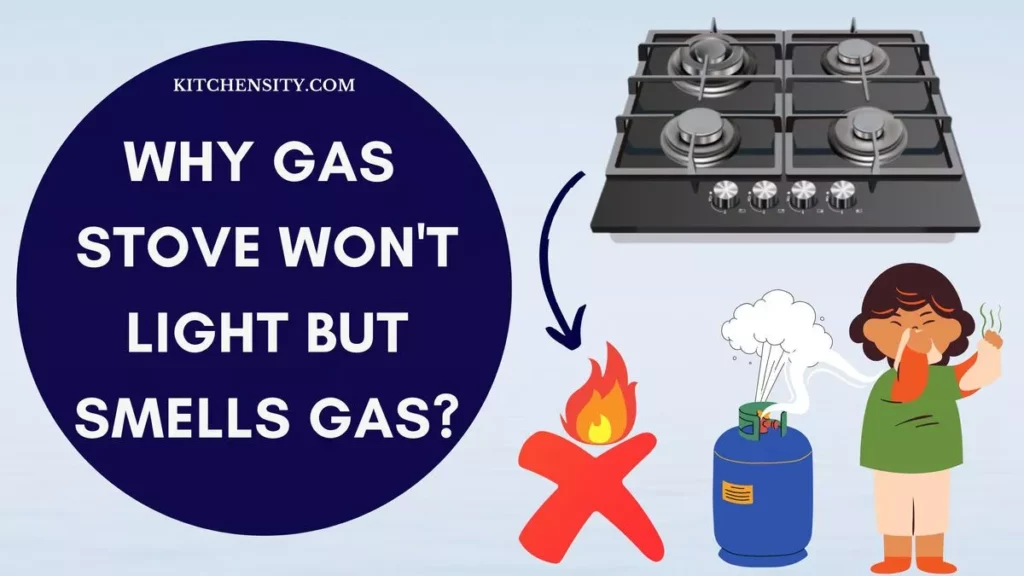
First Fuel and Propane offers delivery of propane for both residential and commercial purposes in various counties including Albany, Schenectady, Saratoga, Columbia, Dutchess, Warren, Green, Washington, Rensselaer in the state of New York, as well as Berkshire County in Massachusetts.